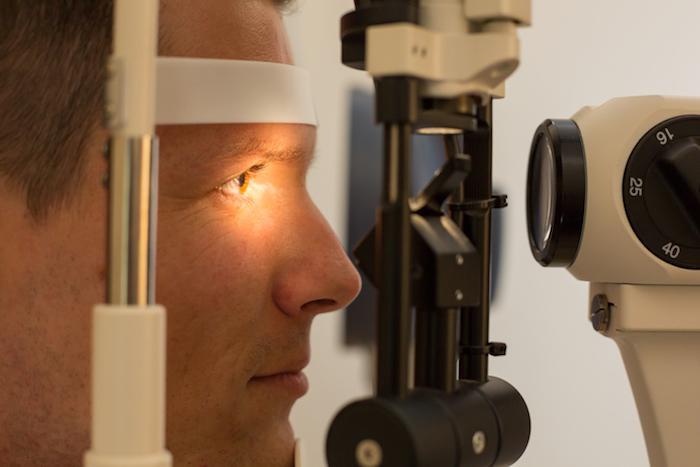Diabetes is a serious medical condition that, if left unmanaged, can wreak havoc throughout your body. More than 34 million Americans have diabetes, and the condition can cause many complications, including heart disease, stroke, nerve damage, and eye issues.
But, just because you have diabetes doesn’t mean that these complications are inevitable. In fact, there’s a lot you can do to stay healthy while living with diabetes. In this blog, the highly skilled providers at the Tayani Institute share their tips for managing eye health when you have diabetes.
Diabetes and your eye health explained
Let’s unpack this topic by first taking a look at the connection between diabetes and your eyesight. Your body needs glucose or blood sugar as a fuel source for all the cells in your body. Normally, the hormone insulin transports glucose to all the different cells of your body.
However, with diabetes, either your body doesn’t produce enough insulin to get the blood sugar where it needs to go, or it produces enough insulin, but the cells don’t react to the insulin, and thus the blood sugar doesn’t get into the cells. In either case, you end up with high glucose levels in your blood, which, over time, can cause damage throughout your body, including your eyes.
Ways to guard your eye health
If you have diabetes, you can do the following things to keep your eyes as healthy as possible:
Manage your blood sugar levels
In the case of your eyesight, uncontrolled diabetes can damage blood vessels, which carry nutrient-rich blood and oxygen to the tiny blood vessels or capillaries that nourish your eyes. If your eyes don’t receive healthy blood flow, they can develop eye diseases or suffer damage.
In fact, diabetics are twice as likely to develop both cataracts and glaucoma than people who don’t have diabetes. However, people with diabetes can optimize their eye health by keeping their glucose levels in a healthy range. If you currently aren’t diagnosed with diabetes but it runs in your family, make sure it’s included in your medical history, so all of your providers can have it on their radar.
Notify your doctor about changes in your eyesight
Eye issues don’t always have dramatic symptoms, so it’s important to be aware of any changes in your eyesight regardless of their severity. If something doesn’t seem right to you, notify your doctor right away so they can figure out what’s going on.
Be on the lookout for certain symptoms, such as the following:
- Trouble seeing at night
- Cloudy vision
- Seeing double
- Blurry vision in only one eye
- Loss of peripheral vision
- Redness or pain in one or both eyes
- Seeing floaters
Your vigilance can really pay off. In fact, according to the National Eye Institute, early detection coupled with timely treatment can reduce a person’s risk for severe vision loss from diabetic eye disease by a remarkable 95%.
Get regular diabetic eye exams
One of the best ways you can manage your eye health when you have diabetes is visit your provider regularly for diabetic eye exams. At Tayani Institute, our highly trained specialists perform a variety of comprehensive diagnostic tests during diabetic eye exams to check for signs of damage.
Testing includes a dilated exam, which allows us to see the interior portions of each eye. We also perform optical coherence tomography, which provides a detailed measurement of the thickness of your retinas, which is where blood leakage issues can occur if blood vessels are damaged.
Keeping on top of your diabetes and taking steps to preserve your eye health is especially important, since most eye diseases unfold in stages. For example, diabetic retinopathy is the most common diabetic eye disease, and it’s the leading cause of blindness among Americans ages 20-74.
This progressive condition begins when blood vessels get damaged. This then leads to inadequate blood flow and inflammation. If not detected and treated, it can result in vision loss.
If you have diabetes or are concerned about your eye health, the experts at Tayani Institute can help you keep your eyes healthy. To learn more, book an appointment online or over the phone with the Tayani Institute today.


